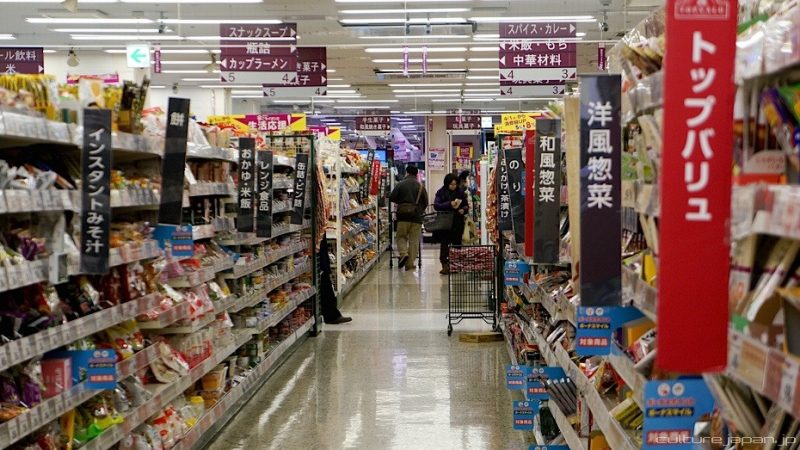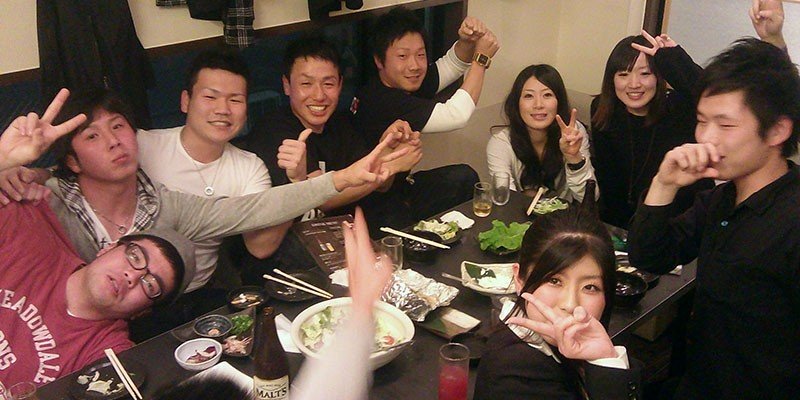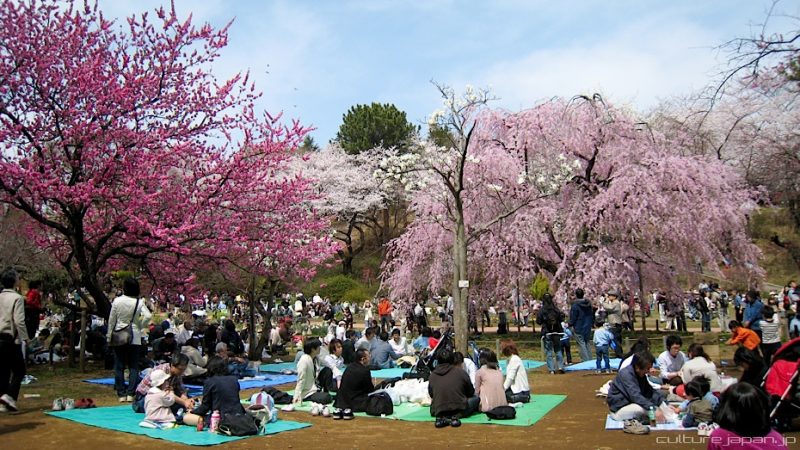Let's say you plan to travel to Japan, but you don't know much about Japanese? You may be fluent in English, but that won't help much. You definitely need to know some Japanese words, for that we made this basic guide to help you increase your vocabulary and try to survive in Japan. Let's break this guide down into categories.
Table of Content
Orders and Questions
When you are in Japan, you will have to ask a lot of questions, where is that? What does that mean? Someone speaks Portuguese? The words in the table below can help you understand and know how to ask these questions.
- ですか (desuka) - Used to ask questions
- どこ (doko) - Onde
- なに (nani) - What?
- どうして (doushite) - Because?
- どうした (doushita) - What happened?
- いつ (itsu) - When
- 時間 (jikan) - Time
- 質問 (shitsumon) - Question
- だれ (dare) - Who
- ここ (koko) - Here
- いくら (ikura) - How much (price)

Looking for Places
What can I ask? Well for that we need to know the name of some places that tourists usually look for.
- トイレ (toire) - Bathroom
- 手洗い (tearai) - Shower
- 服 (fuku) - Locker room
- ホテル (hoteru) - Hotel
- 空港 (kuukou) - Aeroporto
- 駅 (eki) - Season
- 大学 (daigaku) - School / College
- 本屋 (honya) - Bookstore
- 家 (ie / uchi) - Home / My Home
- タクシー (takushii) - Táxi
- レストラン (resutoran) - Restaurant
- コンビニ (konbini) - Convenience Store
- スーパー (suupaa) - Supermarket
- 公園 (kouen) - Park
- 警察 (keisatsu) - Police
- 温泉 (onsen) - Hot springs
Emergency Words
Sometimes you may experience difficulties or need help, here are some emergency words.
- 助けて (tasukete) - Help me / Help!
- わかりません (wakarimasen) - I do not know (formal)
- わからない (wakaranai) - I don't know (informal)
- やめて! (yamete!) - Stop this!
- だめ (dame) - Do not / Don't do that
- 危ない (abunai) - Perigoso
- 危険 (kiken) - Danger
- ください (kudasai) - Please
- おねがい (onegai) - Please (request)
- ありがとうございます (arigatou gozaimasu) - Thank you very much
- すみません (sumimasen) - I'm sorry (polite)
- ごめんなさい (gomennasai) - Sorry (stronger)

Words Related to food
Everyone loves food, no one can live without it! So now let's talk a little about food!
- おなかすいた (onaka suita) - I'm hungry
- 食べます (tabemasu) - Eat
- 飲みます (nomimasu) - Drink
- 水 (mizu) - Water
- 飲み物 (nomimono) - Drink
- 食べ物 (tabemono) - food
- 美味しい (oishii) - Tasty / Delicious
- 不味い (mazui) - Bad / It's not tasty
- いただきます (itadakimasu) - Thank you for the meal (before eating)
- ごちそうさまでした (gochisousama deshita) - Thank you for the meal (after eating)
Words You Should Know
The most basic Japanese words like greetings, good morning, thank you, etc.
- おはようございます (ohayou gozaimasu) - Good Morning
- こんにちは (konnichiwa) - Good afternoon / Hi
- こんばんは (konbanwa) - Good evening (upon arrival)
- お休み (oyasumi) - Good night (when going to sleep)
- ではまた (dewa mata) - See you later
- また明日 (mata ashita) - See you tomorrow.
- さようなら (sayounara) - Goodbye
- じゃね (ja ne) - Goodbye
- あなた (anata) - You
- 私 (watashi) - Eu
- 彼 (kare) - He / Boyfriend
- 彼女 (kanojo) - She / Girlfriend
- たち (tachi) - Plural (ex: 私たち = we)
There are some interesting rules about pronouns or sentence formation that we won’t go into detail about.

What can help me now?
This is just the tip of the iceberg, you need to learn many things like numbers, verbs, adjectives, foods, etc. That's why we'll leave below a list of articles with vocabularies for you to learn and survive in Japan.
Don't forget to thoroughly explore our category or use our search menu to find other articles about Japanese to help with your trip.
